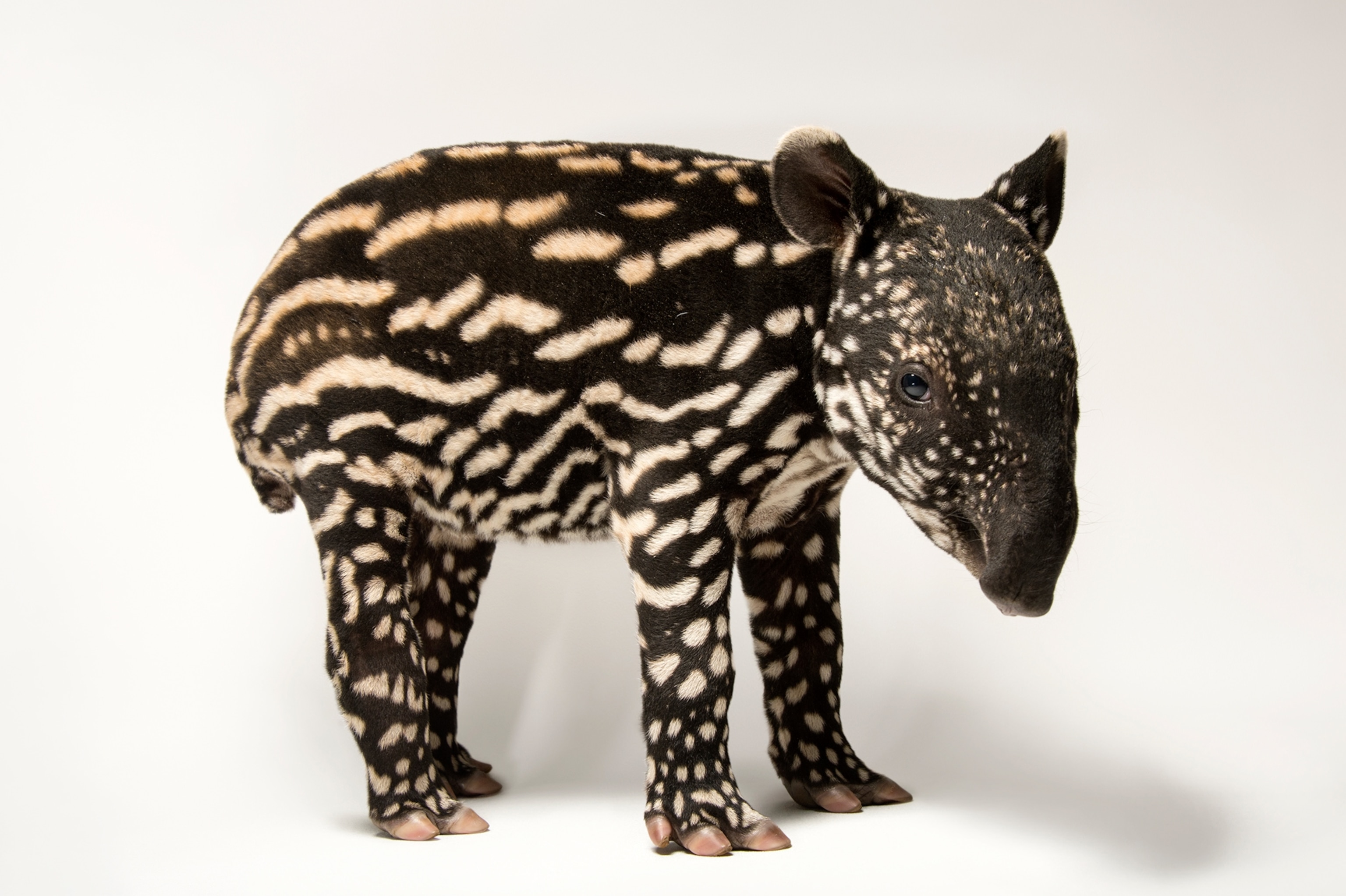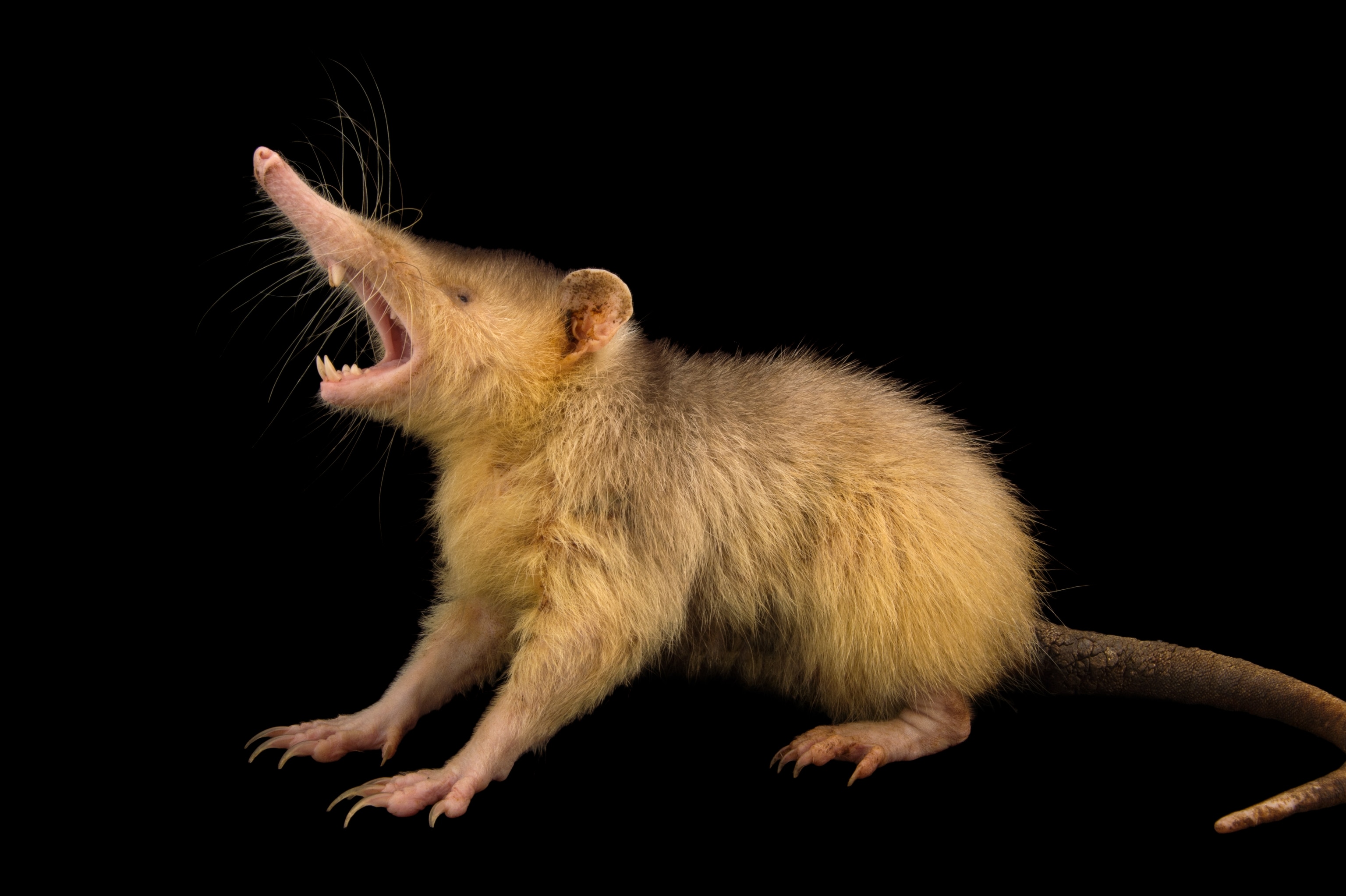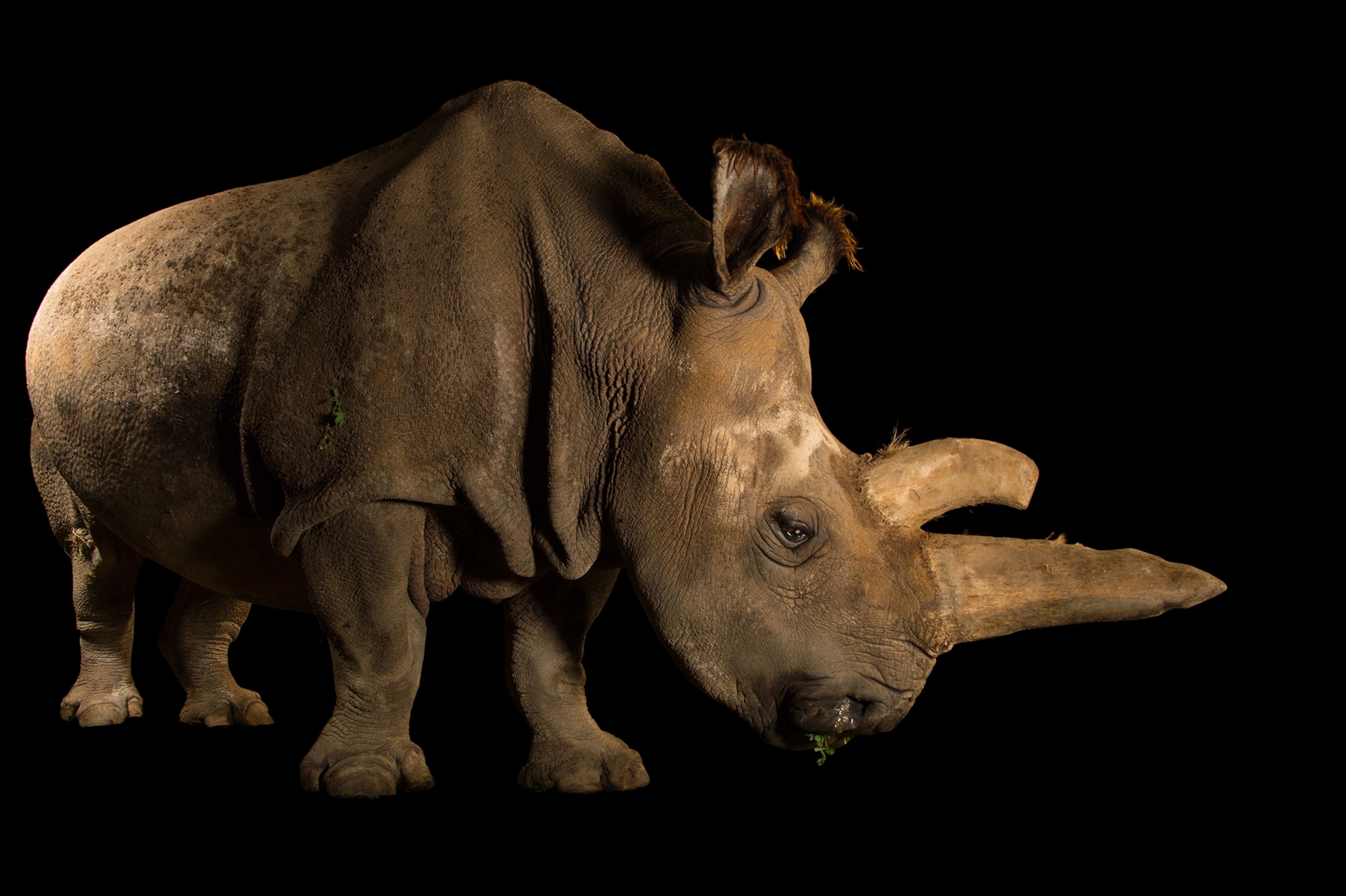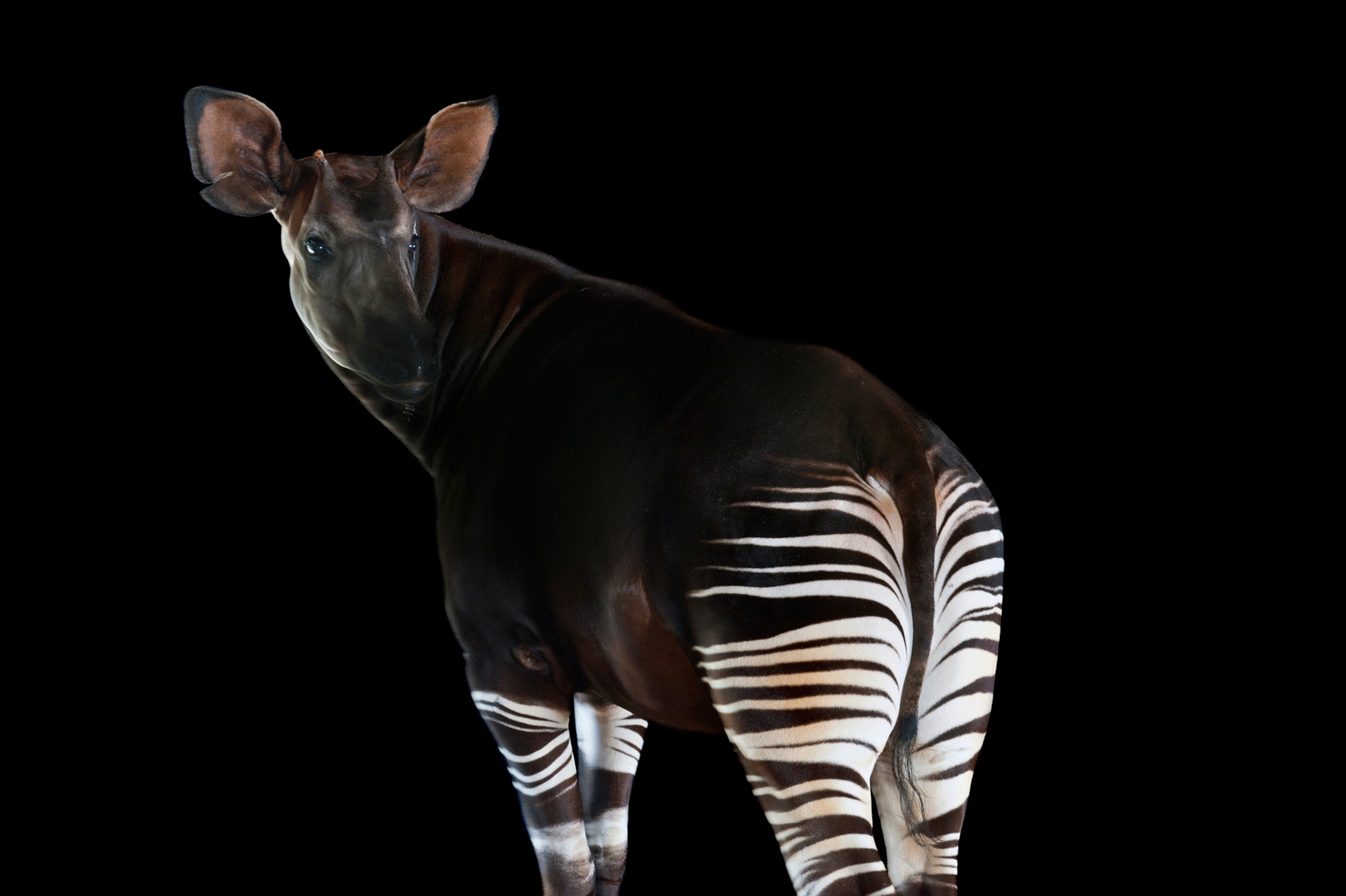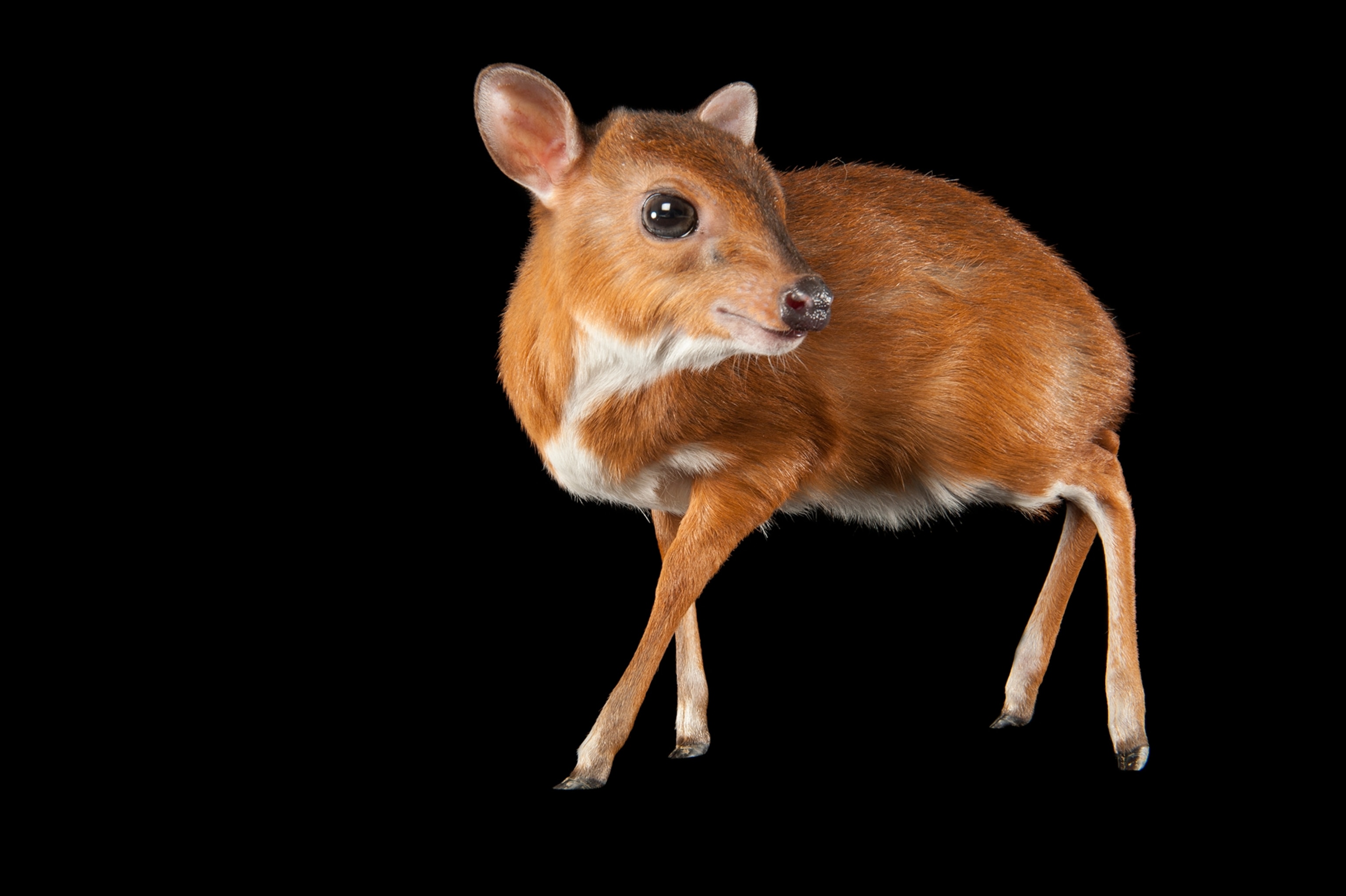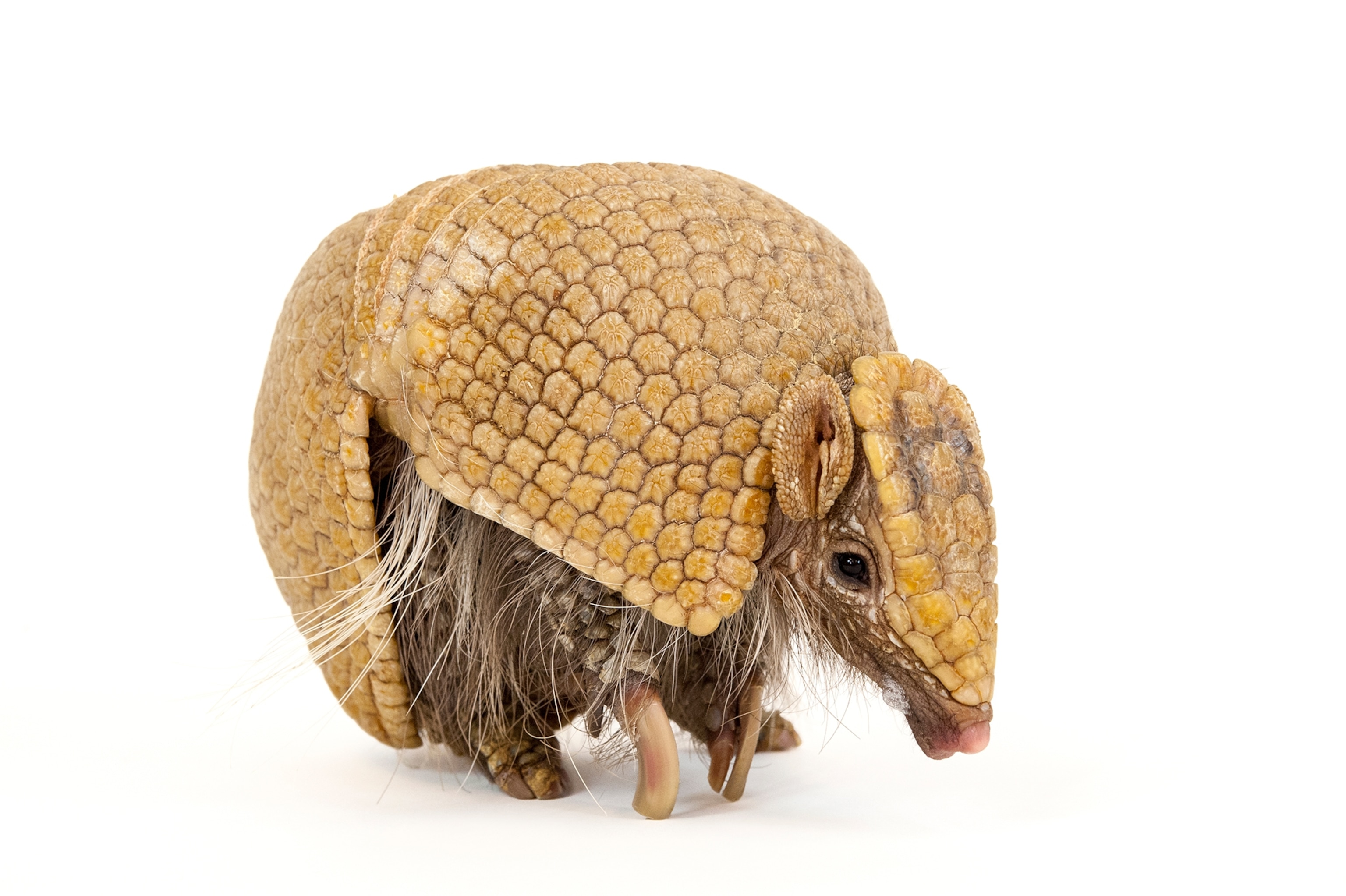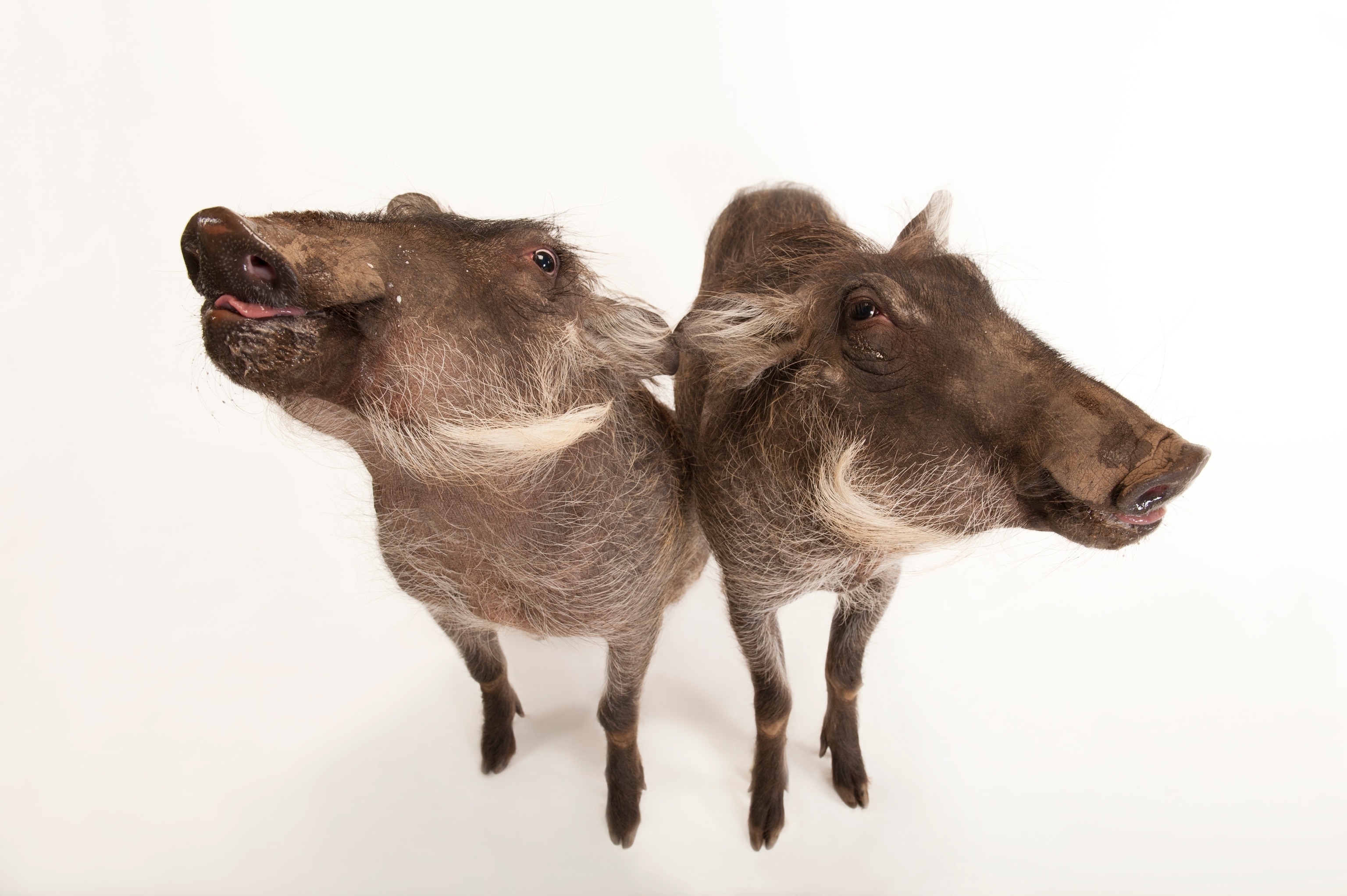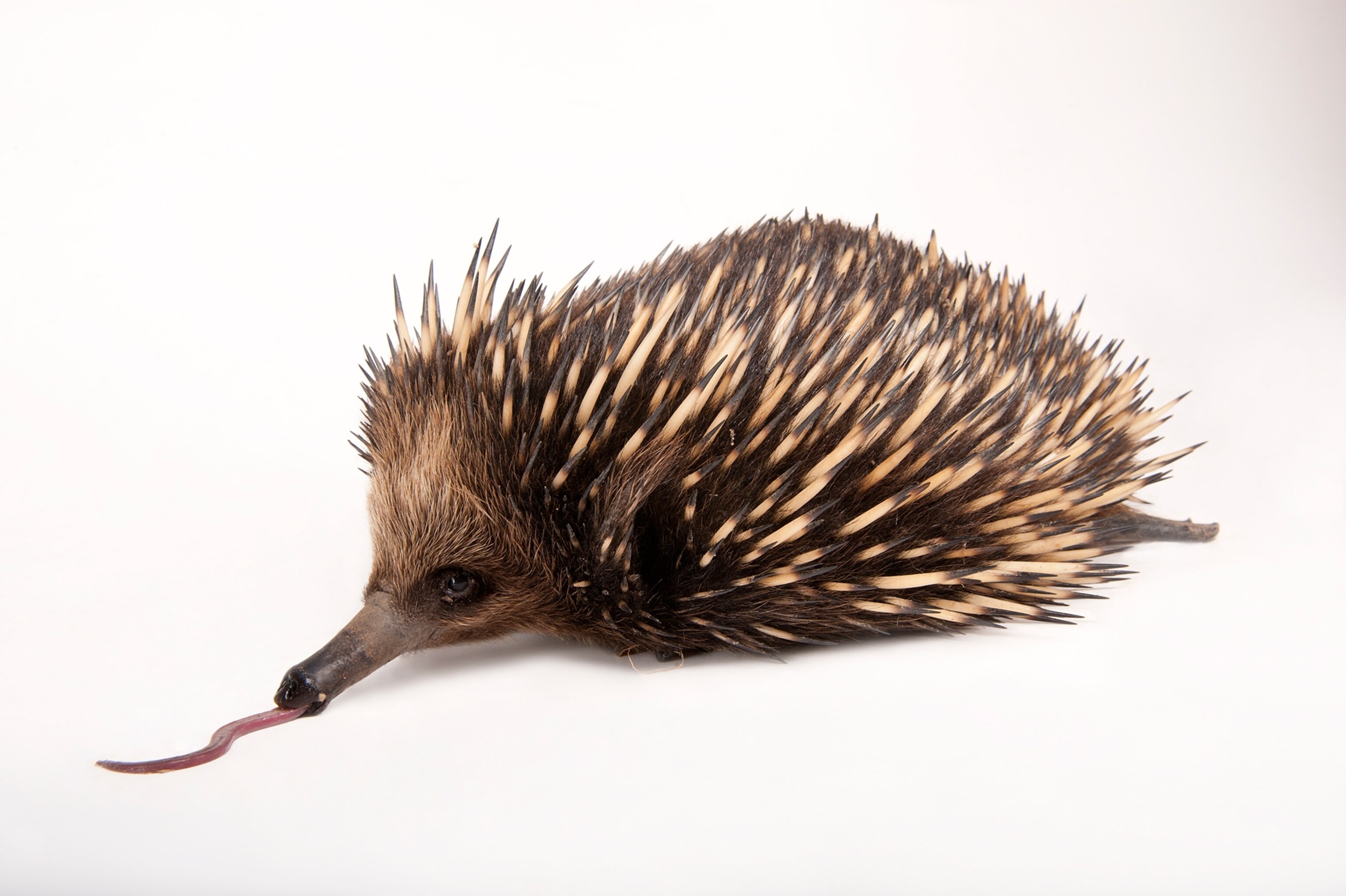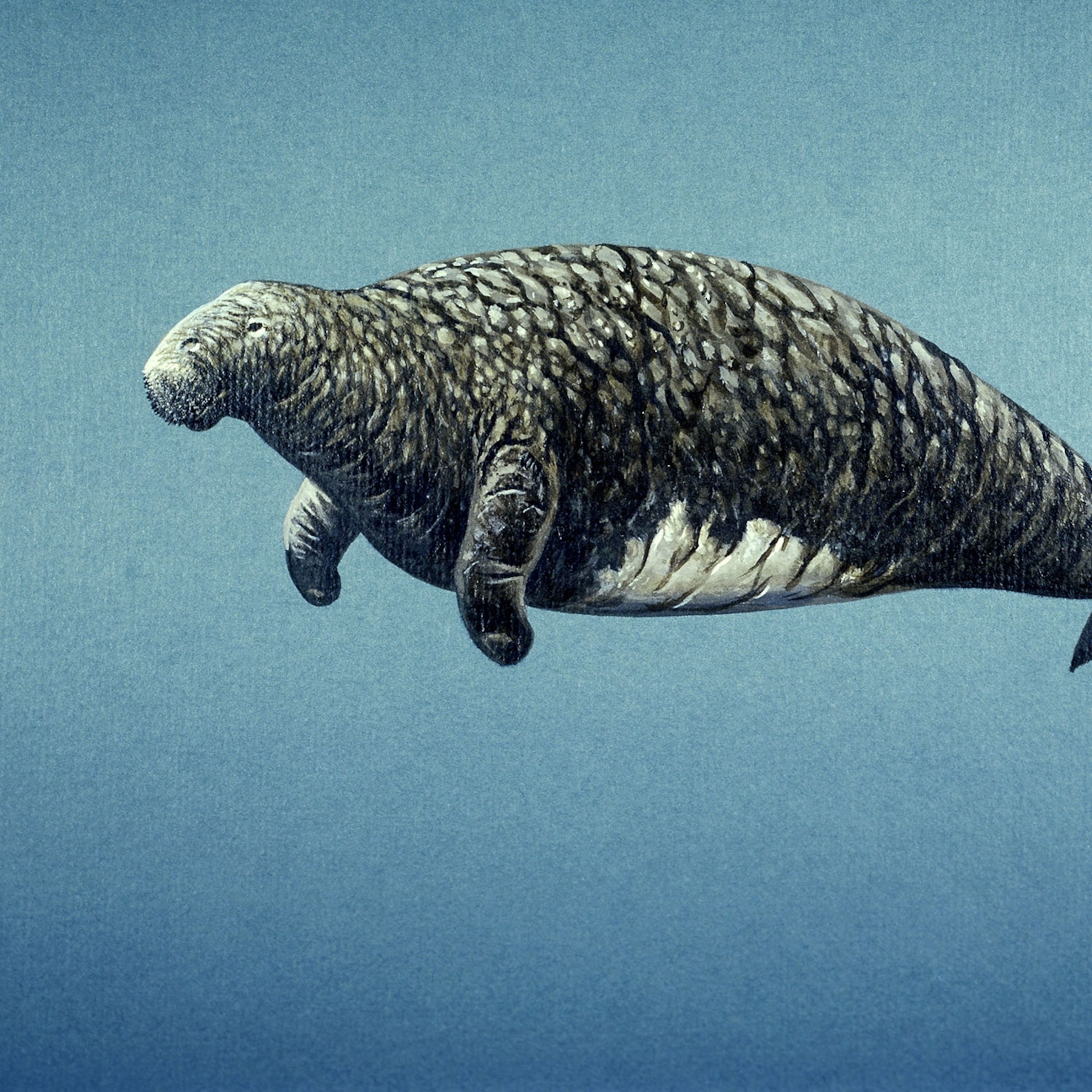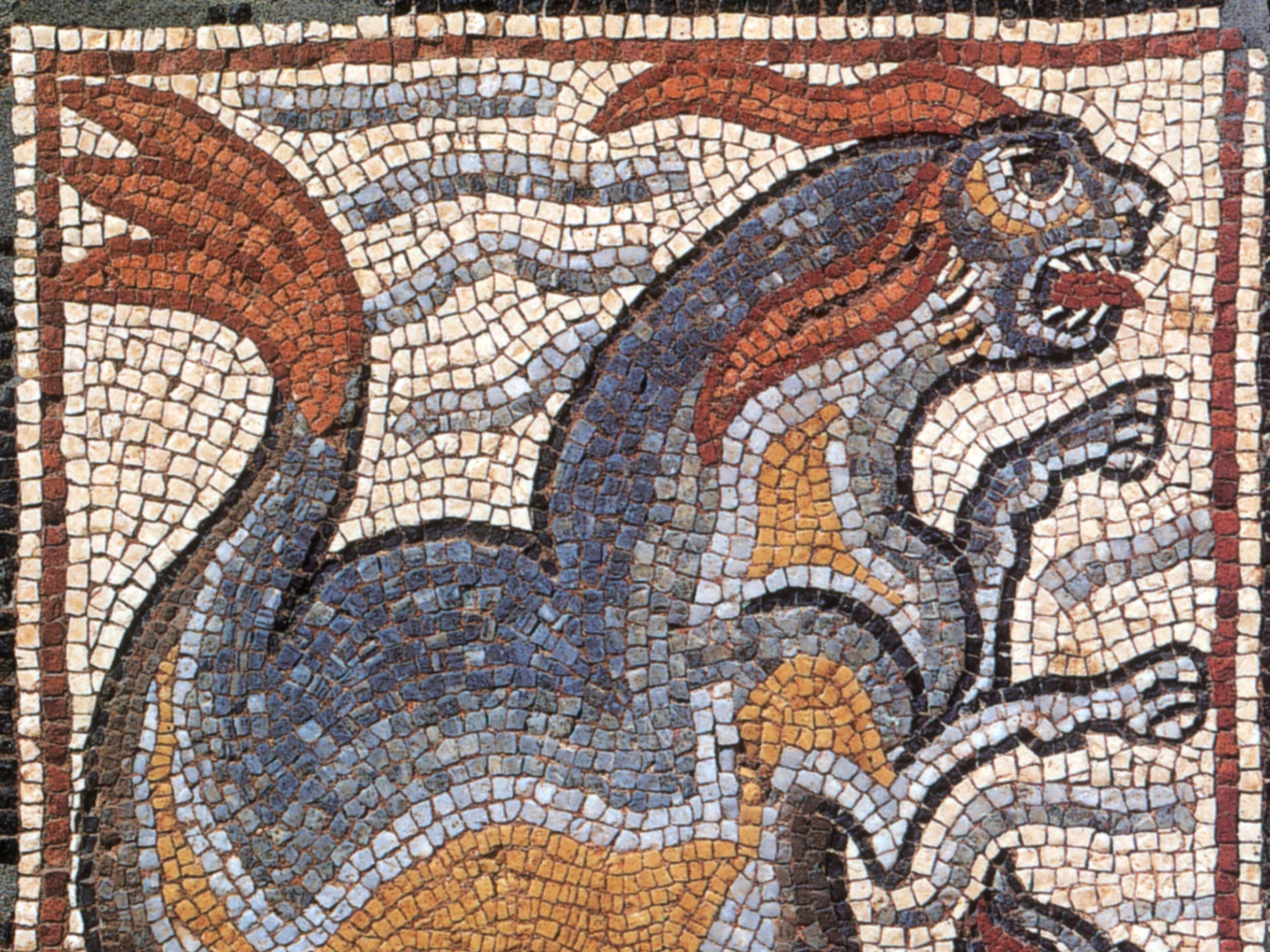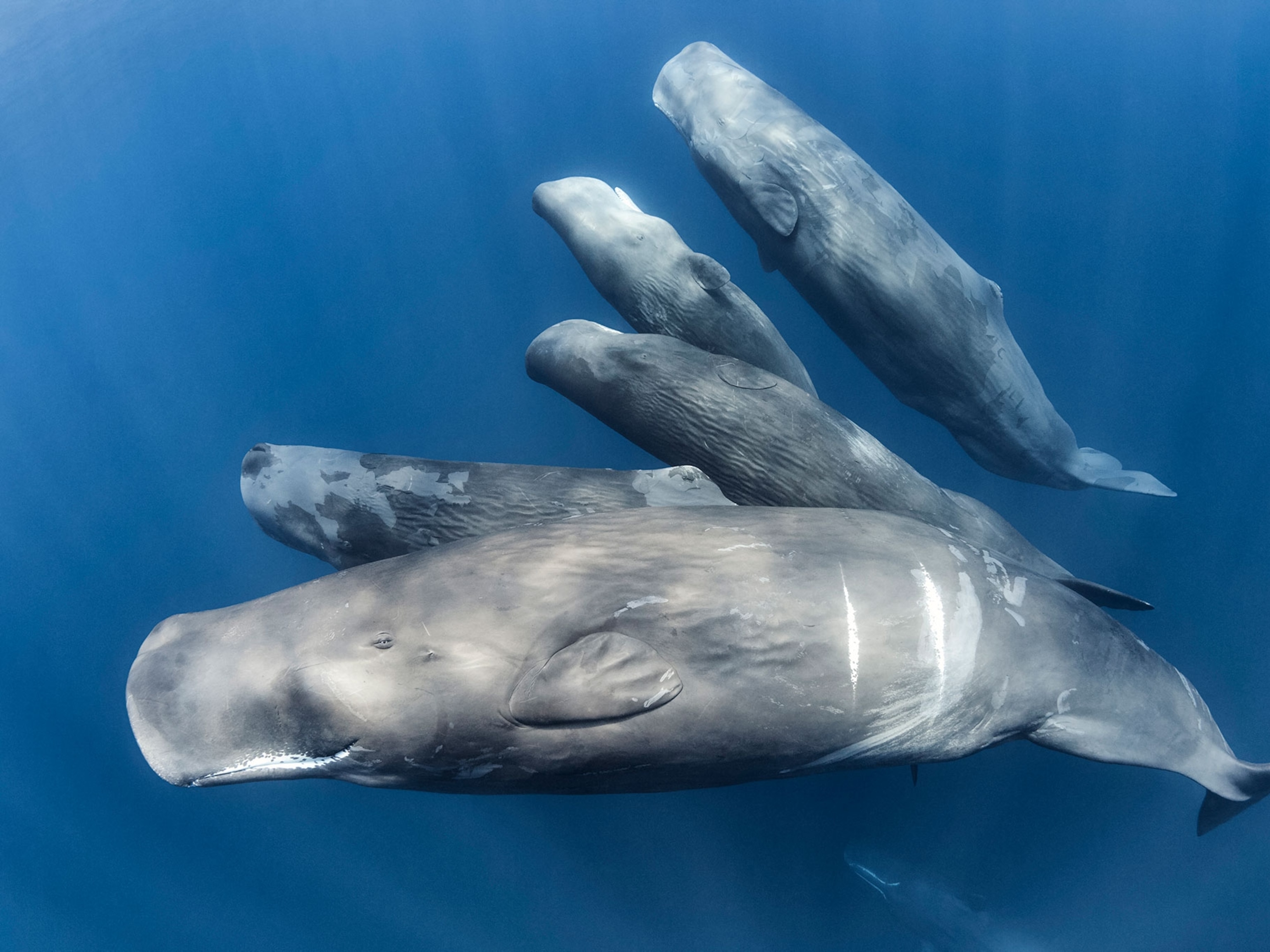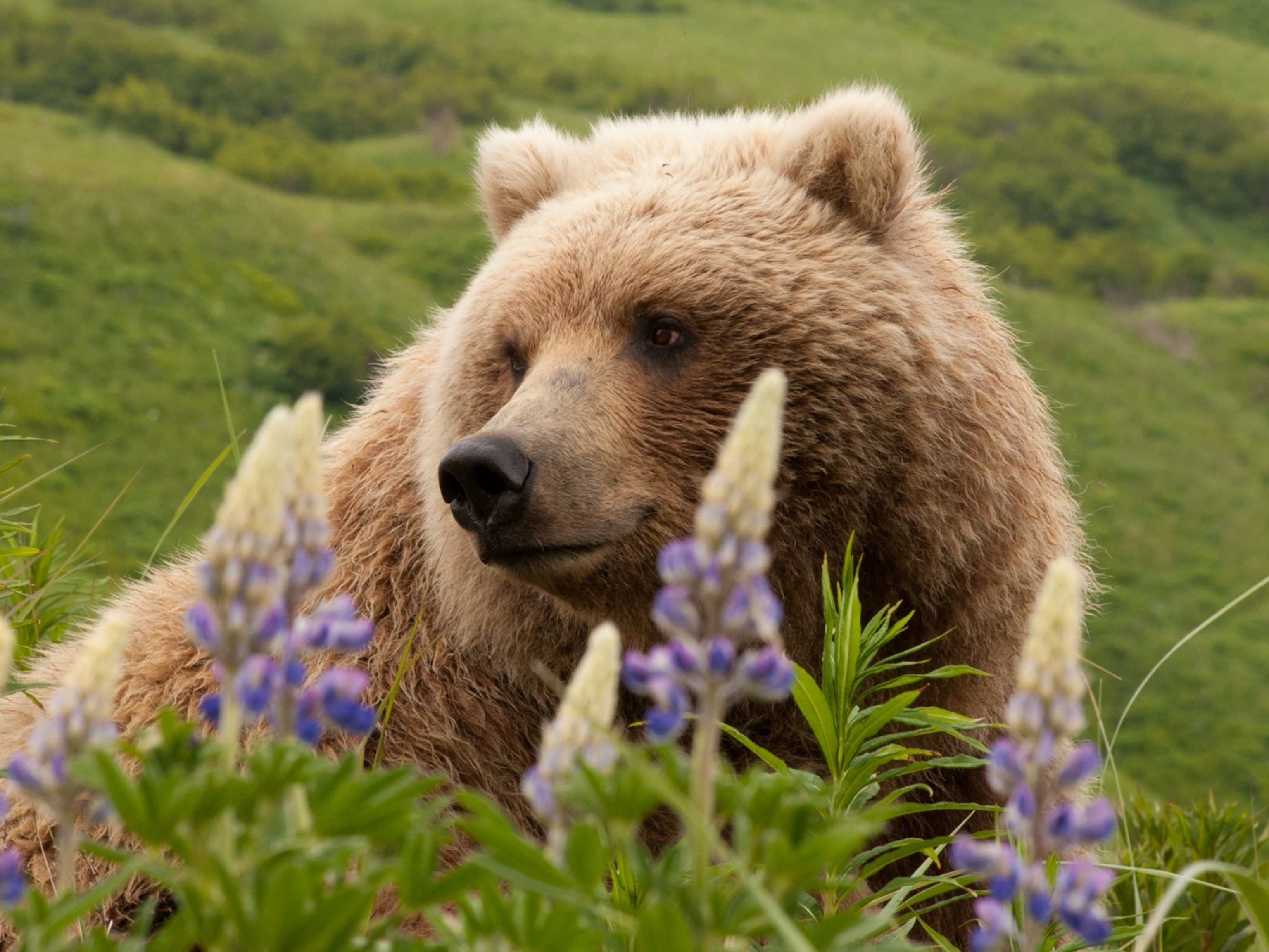
Human-caused extinctions have set mammals back millions of years
Mammals took over the world after the last big extinction event. Now, one mammal is undoing all of that—us.
It's often said that extinction is the rule, rather than the exception—after all, 99.9 percent of all species that have ever existed on Earth have gone extinct. In a sense, that adage is true. Life on this planet has toughed it out through five mass extinction events, in which huge numbers of species disappeared during relatively short periods of time. After each, life eventually rebounded.
The keyword in that last sentence is eventually, though. Many scientists say we’re in the midst of a sixth mass extinction, with species dying off 100 times faster than they have in the past. And, according to a new study, it’ll take several million years for mammals to bounce back from the extinctions that have been occurring because of us.
The scale of the losses
“No matter how you look at it, it is going to take a long time for mammals to recover,” explains Matt Davis, a paleontologist with Aarhus University’s Centre for Biodiversity in A Changing World (BIOCHANGE) in Denmark and lead author on the paper published this week in Proceedings of the National Academy of Sciences.
Davis, with the help of ecologists Søren Faurby and Jens-Christian Svenning, using funding from the Carlsberg Foundation, set out to determine just how much evolutionary history has been lost in the mammal lineage alone since the rise of modern humans after the last ice age (roughly, in the past 130,000 years). In addition to counting the number of mammal species that have gone extinct (about 300, in case you were curious), they determined how evolutionarily distinct each species is—that is, the amount of time it spent evolving independently, or in other words, its phylogenetic diversity.
If you think of life like a tree, then this evolutionary uniqueness is akin to the length of the branch for each species or group of species. The longer the branch, the more the species have changed since splitting of from their shared ancestors. According to the team’s models, in the past couple hundred thousand years, we’ve lost about two and a half billion years of evolutionary history.
“With the extinction of so many megafauna, we’ve lost both a whole chunk of functional space and some of the longest branches on the evolutionary tree,” Davis explains. “This kind of pattern isn’t common in the extinctions we know of from the fossil record, so we are entering uncharted territory.”
The authors calculated that given the current rate of extinctions, we’ll lose even more mammals in the next 50 years, and it’ll take 3 to 5 million years to once again reach today’s biodiversity levels. If we want to go back to the level of mammal diversity that existed before our species, that’ll take 5 to 7 million years. Plus, since big body sizes develop more slowly than small ones, it will take even longer to recover the loss of diversity in large mammals like mammoths that occurred between 2,000 and 50,000 years ago. And those are the “best case scenarios,” Svenning says.
Weighing what matters
“Any study like this is always something of a 'back of the envelope' study because there are so many moving parts, but the authors pulled it all together wonderfully,” says evolutionary ecologist Will Pearse from Utah State University, who was not associated with the research. The findings aren't all that surprising to him, but he’s still upset by them and says he “shuddered” when he read the part about how long recovery could take. “This study shows we're on the brink of losing so much diversity it may not even recover within the lifetime of our own species,” he says. “And if that isn't cause for concern, I don't know what is.”
Evolutionary biologist Arne Mooers from Simon Fraser University in Canada, too, found the paper unsurprising but sobering, and wonders how the findings will inform conservation policy going forward. “That is the 20,000-dollar question, because it gets to the heart of what conservation biologists are actually trying to conserve,” Mooers says.

Still, it’s unclear how to bridge the divide between research and conservation policy. “So far, phylogenetic diversity has mostly been an academic issue and hasn’t been used much with conservationists on the ground,” Davis explains, and he feels that should change. “Phylogenetic diversity isn’t the only metric we should be using, but it is one we should be using a lot more.”
Still, there’s only so much time and money to go around, so studies like this inevitably raise questions about how those resources should be allocated says Christopher Lean, a philosopher of science at Australian National University who was not a part of the research team. He says the paper is “critical” for conservation science, as it highlights the importance of preserving evolutionary diversity.
“We are currently losing lineages with unique evolutionary history at a devastating rate,” he says. “When we lose distinct species we lose evolutionary heritage and unique possibilities held within this heritage.”
Pearse says he doesn’t see these findings as changing how conservation is conducted so much as underscoring the urgency and magnitude of the task. “For me, the saddest part of this is all the history we are losing,” he says. “When we kill off a species, we are depriving our children of millions of years of unique, unbroken history.”
We're much less flippant about the protection of ancient human artifacts, he points out. “Stonehenge is about 5,000 years old, and so we would never destroy that, but 5,000 years barely registers in comparison with the shortest twigs on the mammalian tree of life that we are so willing to snap off.”
